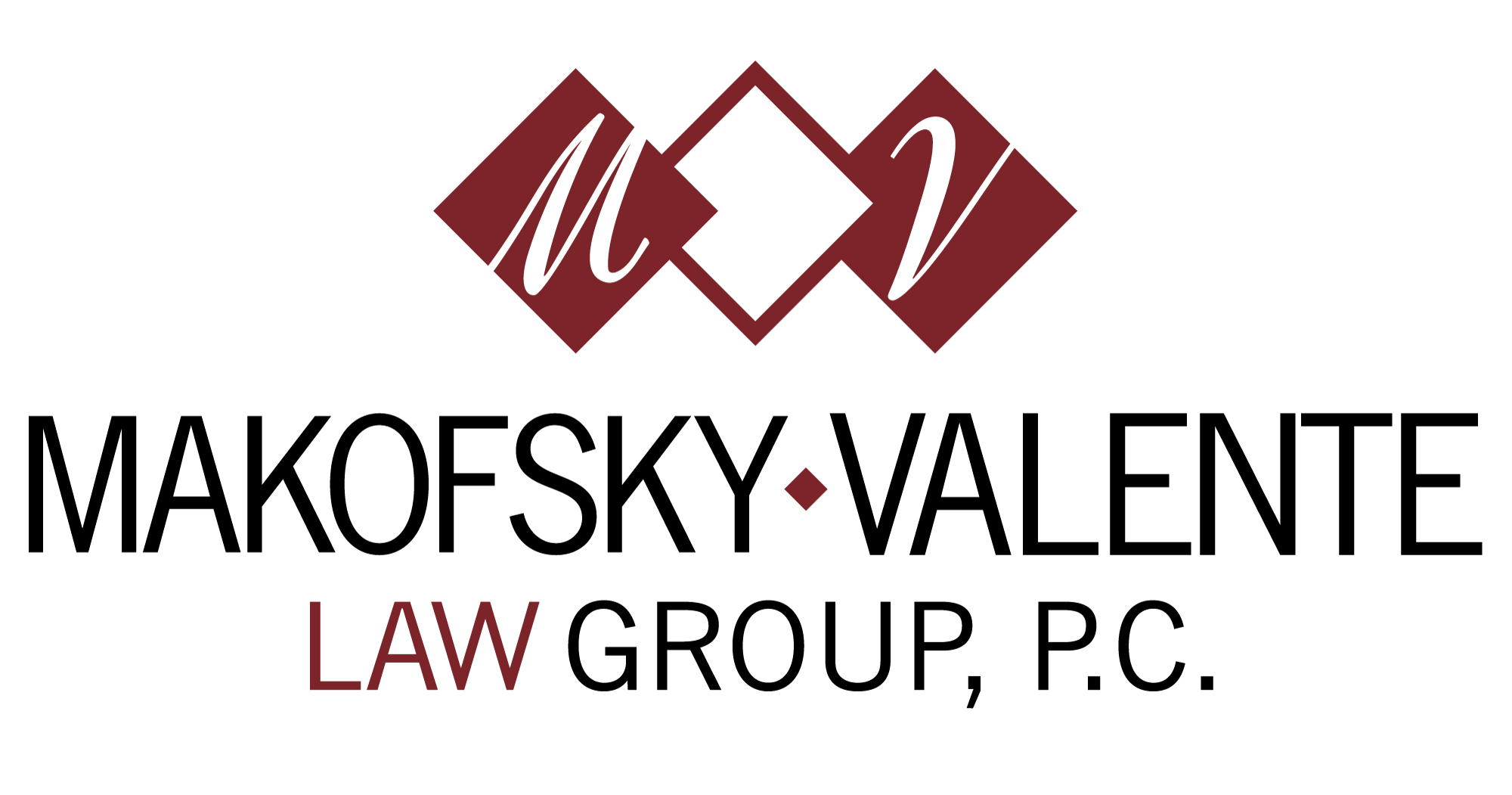Each of our attorneys is thoroughly familiar with the intricacies of preparing and filing an application for Medicaid benefits. In order to be eligible for Medicaid benefits, there are both income and resource limitations. Many people are unaware of the differences in the eligibility requirements between Community Medicaid and Institutional Medicaid.
Community Medicaid
Community Medicaid is care in your own home or care in an assisted living facility. Generally, a personal care aide will be provided for a fixed number of hours each day to help you with the activities of daily living, such as toileting, bathing, or eating. Certain relatives and friends who provide care for you can even be paid to provide your care under the Community Medicaid program.
With Community Medicaid, there are mechanisms available so that you can shelter your excess income. You can also transfer your excess resources and become financially eligible for Community Medicaid benefits the first day the next month.
Institutional Medicaid
Institutional Medicaid is for those who are not safe to remain at home and require custodial care in a skilled nursing facility.
Medicaid will determine the amount of your excess income which is then payable to the facility, but the amount still due to the facility over and above your excess income will be paid by the Medicaid program.
The biggest difference between Community Medicaid and Institutional Medicaid is that with Institutional Medicaid there is a five-year “look back” period. This means that Medicaid will look back at all of your transactions within the five-year period prior to your application to determine if any gifts or uncompensated transfers were made and if so, a penalty period for which you are ineligible for Medicaid benefits will be imposed. There are ways to avoid or minimize the imposition of a penalty period and we suggest you seek the advice of an Elder Law attorney to explore such options.
We Can Help
Whether you need care in the community or in a nursing home, we can help you become financially eligible for Medicaid benefits without completely spending down your hard-earned nest egg. The Medicaid rules are complex and ever-changing and every individual’s situation and needs are different. We create a Medicaid eligibility plan that is tailored to your needs.
If you would like to schedule a consultation with one of our attorneys to discuss a Medicaid plan or the preparation and filing of a Medicaid application for either Community Medicaid or Institutional Medicaid, call (516) 228-6522 or contact us online today.
CALL US FOR PEACE OF MIND TODAY
PHONE: (516) 228-6522
FAX: (516) 228-6525
OFFICE
600 OLD COUNTRY ROAD - SUITE 444 GARDEN CITY, NEW YORK 11530-2009
HOURS
MONDAY-FRIDAY 9AM-5PM
SATURDAY & SUNDAY CLOSED
SE FALA PORTUGUÊS
HOW CAN WE HELP?
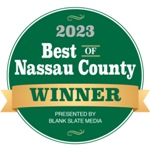
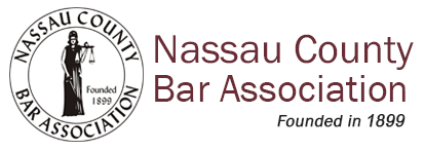
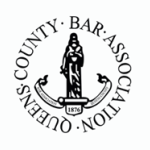

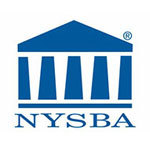
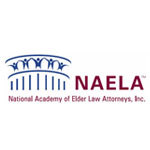
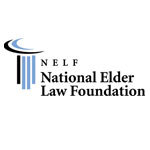

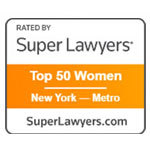
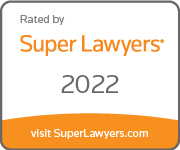
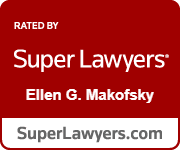
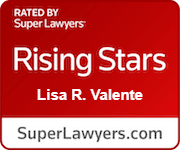
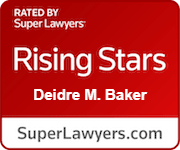
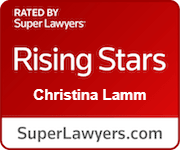
LOCATED IN GARDEN CITY, NEW YORK, Makofsky Valente Law Group, P.C. (formerly Makofsky Law Group, P.C. formerly Makofsky & Associates, P.C. formerly Raskin & Makofsky, LLP) HAS SERVED CLIENTS IN AREAS INCLUDING LONG ISLAND, NEW YORK CITY, MANHATTAN, QUEENS, BROOKLYN, BRONX, WHITE PLAINS, MINEOLA, HEMPSTEAD, LEVITTOWN, MASSAPEQUA, BETHPAGE, SYOSSET, OYSTER BAY, GLEN COVE, PORT WASHINGTON, MANHASSET, GREAT NECK, WOODMERE, VALLEY STREAM, ELMONT, FLORAL PARK, FLUSHING, KEW GARDENS AND FOREST HILLS, NEW HYDE PARK, EAST MEADOW, PLAINVIEW, Merrick, Westbury, Long Beach, Oceanside, Franklin Square, Huntington and Rockville Centre.
Attorney Advertising: Information contained in this website may be considered attorney advertising. The information you obtain at this site is not, nor is it intended to be, legal advice. You should consult an attorney for advice regarding your individual situation. We invite you to contact us and welcome your calls, letters and electronic mail. Contacting us does not create an attorney-client relationship. Please do not send any confidential information to us until such time as an attorney-client relationship has been established.
*Certified as an Elder Law Attorney by the National Elder Law Foundation as approved by the American Bar Association. Certification is not required for the practice of law in the State of New York.
